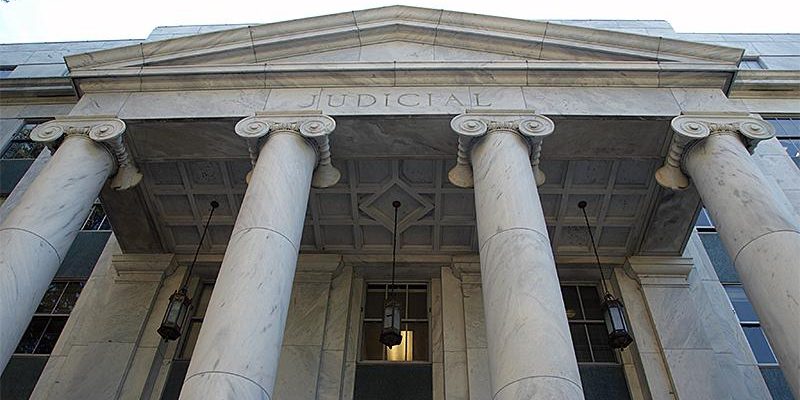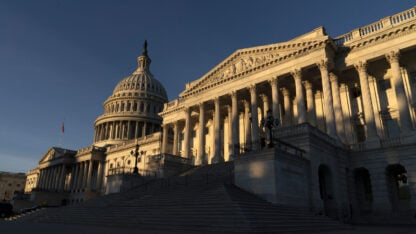The Supreme Court of Georgia has declined to hear a First Amendment case between a central Georgia teacher and her district’s superintendent and school board chair.
The lawsuit concerns free speech, but the court made its decision on different grounds. Still, the court’s concerns about protecting speech mean future cases might go a different way.
The plaintiff is a Tift County teacher, who’d written derogatory things on Facebook about Black Lives Matter. Her school suspended her for five days, and required her to go to diversity training. She sued.
A lower court said that the defendants were immune from the suit because they were government officials doing their jobs.
“They are protected against a lawsuit unless they violate a clearly established constitutional right,” said WABE legal analyst Page Pate. “There was no such prior case that said you can’t take disciplinary action against an employee within a school context for something they say outside of school.”
The Georgia Supreme Court justices wrote that it doesn’t appear that Tift school officials broke any specific law when they disciplined the teacher, but the justices were concerned that the district violated her First Amendment rights.
“Government employers clearly have authority to control their employees in the course of their employment,” Justice Nels S.D. Peterson wrote. “But it is something else entirely to hold that government employers can punish their employees based on viewpoints expressed in private speech, as the school officials did here.”
Pate says that means in future lawsuits over similar issues, courts might side with the teachers.
“Teachers still need to be very careful about what they say both in the classroom and outside the classroom,” he said, “because even though they have a First Amendment right to voice their opinion, the school can take disciplinary action against them if that opinion reflects negatively on the school. But perhaps that won’t be the case going forward.”









